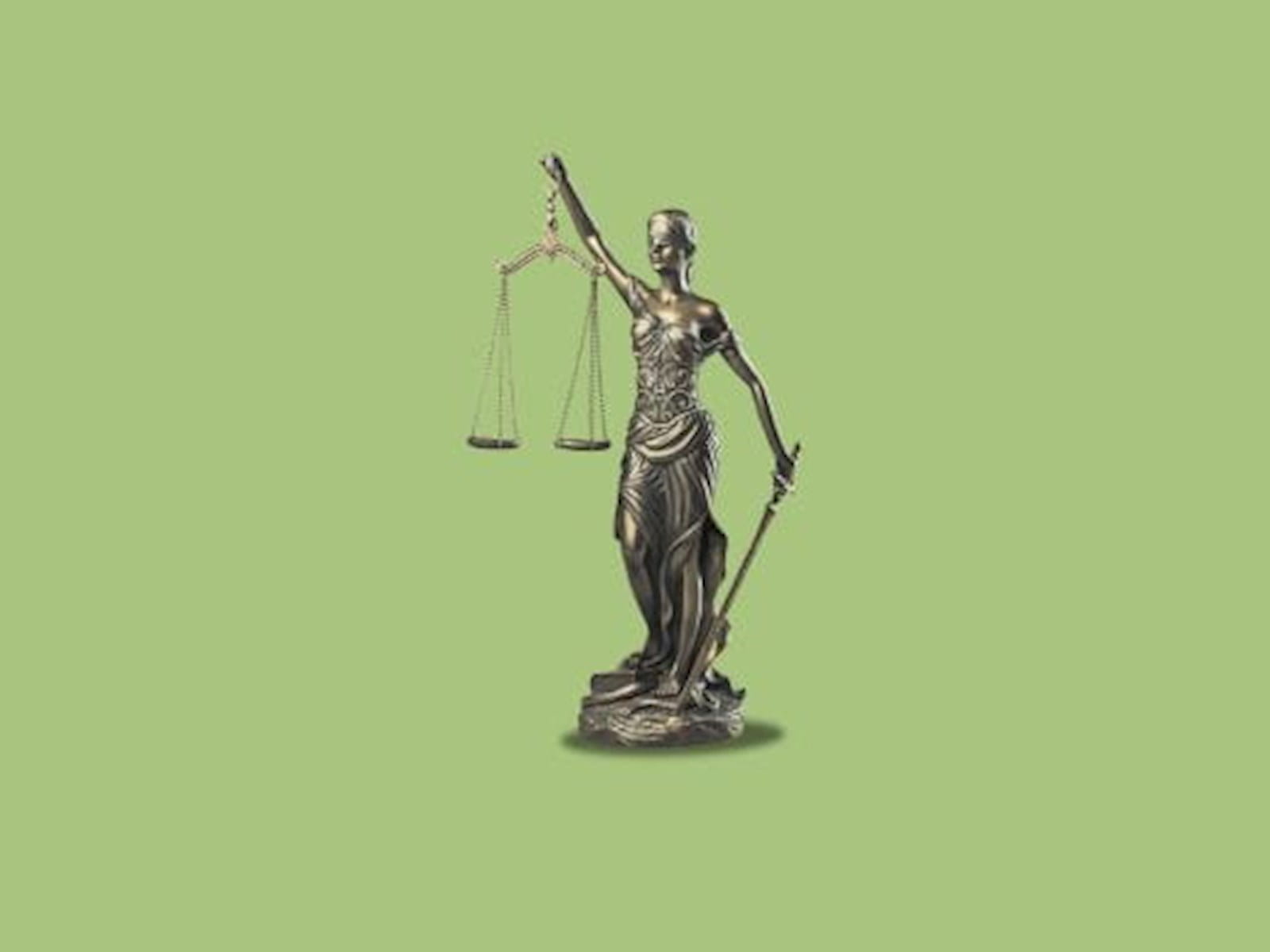What is the framework?
The ICAEW Practising Auditor Competency Framework is guidance to support members as they develop competency in their audit roles.
It is not a required framework for becoming a responsible individual (RI), but aims to help audit professionals think about the competencies they need as they move towards becoming an RI, as well as those they will need in that role.
The framework is not a comprehensive list of skills and competencies an RI should have. Instead, the framework is based on the professional competency areas specified in respect of RIs (referred to as engagement partners) within International Education Standard 8 (IES8).
The framework builds on IES8 guidance to cover an auditor’s progression from newly qualified to RI and is a self-assessment tool to help auditors to identify their individual learning needs. The framework builds on the competency/skills ‘ladders’ requirements within ACA training, this means that some competencies may be achieved before qualification.
More than knowledge
Professional competence goes beyond knowledge of principles, standards, concepts, facts and procedures. It requires the integration and application of:
- domain knowledge (including technical competence),
- professional skills, and
- professional values, behaviours and ethics.
A flexible tool
Each member’s career and learning journey is different, and experience is rarely gained in a linear way. The framework has been designed to enable flexibility, meaning that auditors can select the skills and competencies relevant to them and their experience, and then assess themselves against the skills and competencies identified.
Using the framework
1. The framework outlines a series of competency areas, covering:
- technical knowledge (such as, audit, tax and quality management);
- understanding the audit entity and its environment;
- non-technical skills (such as, communication); and
- professionalism (values, ethics).
2. These competency areas have been explained and categorised across three levels of responsibility: qualified, manager and responsible individual.
3. A scale has been created to enable members to assess their level of competency:
- Level 1: Competency: demonstrates requisite knowledge and skills.
- Level 2: Proficiency: demonstrates mastery of knowledge and skills.
- Level 3: Expertise: demonstrates authoritative knowledge, holistic understanding.
4. When using the framework, those at the qualified and manager levels of responsibility should consider how they demonstrate level 1 against the skills and competencies identified as appropriate to the individual’s level of responsibility.
5. RIs should consider how they demonstrate level 3 against RI competencies.
6. Mark current competencies on the editable download of the framework and add examples. Use this grading to consider next development steps.
7. Repeat annually or when appropriate.

Latest news and analysis
ICAEW Insights pulls together the best opinion, analysis and interviews on the key issues affecting accountancy and business. Resources include tax news, weekly charts and regular podcasts.

A-Z of CPD courses
Whether you're looking for a two-hour update on tax, a two-day refresher on international reporting standards or a six-month programme supporting your transition to CFO, ICAEW has a CPD course to advance your and your team's career.

Professional judgement
ICAEW has brought together a range of resources on professional judgement to help audit practitioners develop their skills in approaching difficult judgements.

Audit and technology
Digital tools are helping audit to evolve in a data-heavy, fast-moving corporate world. Find out how innovative analytical and artificial intelligence tools are transforming audit, enabling auditors to be more collaborative and provide greater insights in real time.


